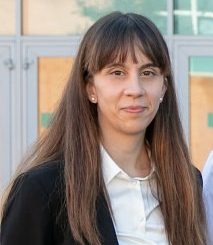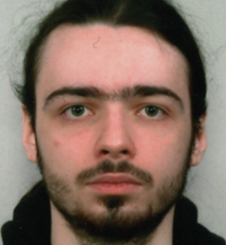Pierre Chainais (CRIStAL, Centrale Lille Institut)
Deep generative models and stochastic sampling for inverse problems
Inverse problems in image processing focus on restoring an original image that has been degraded during acquisition. More broadly, they involve estimating parameters that describe an object of interest, such as a planet or galaxy in astronomy, based on observations like telescope images. Ensuring high restoration quality is crucial, whether in a subjective sense (e.g., perceptual quality) or an objective one (e.g., probability of recovering the true original image).
In fields like astrophysics and medical imaging, quantifying uncertainties is essential for validating or refuting hypotheses. Bayesian inference, which relies on probabilistic models, and Monte Carlo stochastic sampling methods are well-suited for this task. Recent advances integrate techniques from optimization and machine learning to enhance accuracy while providing uncertainty estimates. Deep generative models further refine Bayesian approaches by encoding probability distributions. For example, the Plug-n-Play (PnP) framework leverages a pre-trained denoising neural network to incorporate prior knowledge about possible solutions.



